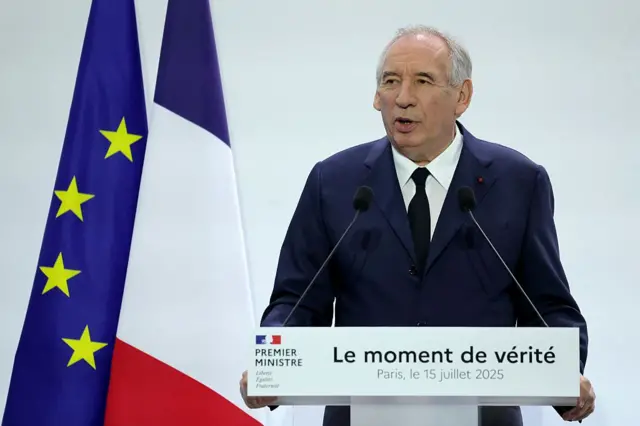€4 Billion Energy Subsidy Scheme Tests Germany’s Economic and Political Equilibrium

Summary
Germany is debating a major subsidy initiative—€4 billion to cap electricity costs for heavy industry—as it tackles structural stagnation, elevated energy prices, and frictions within its ruling coalition.
🔍 Key Elements
| Aspect | Detail |
|---|---|
| Scope | Support for ~2,200 firms (up from 350), covering 50% of electricity bills for three years |
| Objective | Boost industrial competitiveness amid high power costs from nuclear phase-out and Russian gas exit |
| Coalition Strain | Shelving household tax cuts worth €5.4 billion sparked backlash within CDU/CSU/SPD |
| Fiscal Outlook | Deficit forecast to reach €126 billion by 2029, raising flags about EU rule infringements |
| EU Alignment | Supported under new EU state aid rules for decarbonizing sectors; subject to confirmation by finance ministry and Brussels |
| Broader Stakes | Reflects a strategic pivot toward industrial resilience, green transition, and sovereignty in global markets |
Conclusion:
This €4 billion subsidy could fuel Germany’s industrial resurgence and green transition. Yet it exposes deep tensions within Berlin over fiscal priorities and coalition unity. Its success hinges on navigating budget pressures, EU compliance, and domestic political support.





